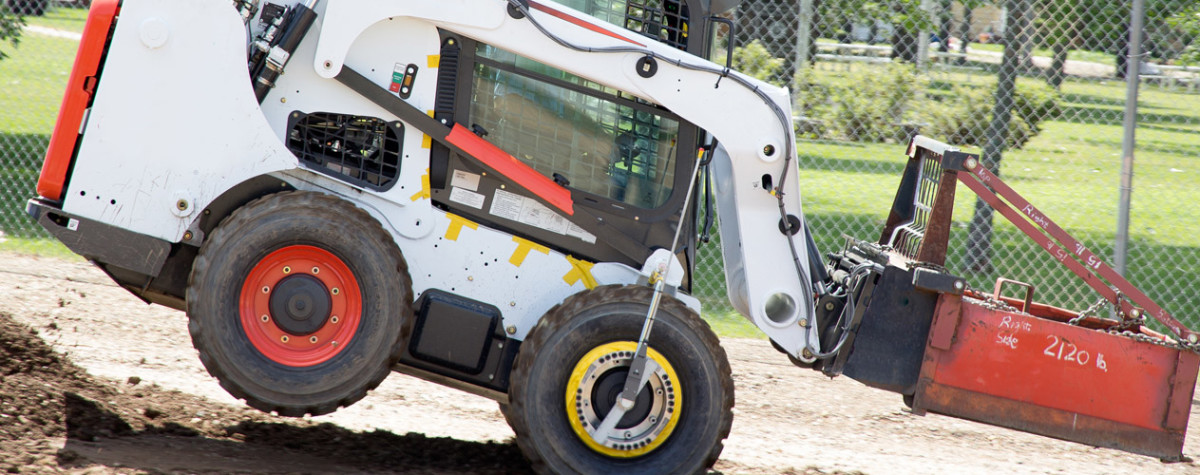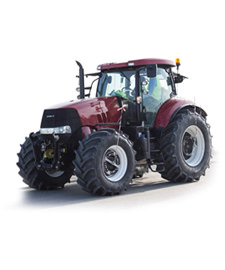The drive home is becoming smoother and faster thanks to the Michigan Scientific Corporation (MSC) Wheel Force Transducer (WFT). By measuring vehicle loads during normal driving operations, these transducers provide data and information to help make cars and other vehicles more efficient. From brake testing to lane changing testing, the transducers collect data on speed, accelerations, wheel positioning, and other factors to help determine how to make hitting the road as easy and cost efficient as possible. The device is lightweight, easy to install, and available in wide ranges of sizes and styles.
WFT Design
Five main components (the wheel force transducer itself, the CT2 transducer interface box, integrated slip ring and amplifier package or a wireless transmitter package, and a custom hub and wheel adapters) of the transducer work in conjunction to track and record important data points from testing. Transducer interface boxes are equipped to perform real-time coordinate transformations and cross-talk compensation while integrated slip ring assemblies collect and digitize signals to reduce noise. Waterproof product design allows for the reliability and precision of the transducer to be the product’s most distinguished features.
 Durability Testing
Durability Testing
The rugged construction, customized calibration, and temperature compensation extend the practical applications of Michigan Scientific transducers far beyond just roadways. Both construction and agricultural fields require wheel force transducers for safety and durability testing to ensure functioning equipment. The transducers not only measure and record all forces and loads acted on a wheel, but they also help determine how well equipment operates under extreme weather and road conditions. MSC WFTs can measure longitudinal force, lateral force, vertical force, camber moment, wheel torque, and steer torque independently and can determine wheel position and speed as well. WFTs are attached to various rotating systems and tested using different vehicles. Experimenting with the limits of WFT technology through different tests helps engineers and designers produce the most durable and accurate device. Sudden stops, sharp turns, and even just normal operations are tested to determine the effectiveness of the device as well as the accuracy of the measurements.
Using WFTs For Electric Vehicle Testing
For electric vehicles, transducers hold the solution for the future of transportation. Wheel Force Transducers designed by Michigan Scientific provide valuable data and information to make electric powered vehicles more efficient and cost effective. While WFTs may prove important in determining safety and control aspects of vehicle technology, the data gathered is also useful for the future of autonomous driving.
What makes wheel force transducers from Michigan Scientific unique are the aspects and features that other competitors do not offer. Lightweight products, easy installations, and an excellent customer support system are only a few of the many features exclusively offered to customers from Michigan Scientific. Michigan Scientific transducers are available to fit a wide range of different vehicles and custom products can be manufactured to suit any kind of testing. Rental options make the process of selecting the appropriate transducer easier, faster, and more affordable than other alternatives.
Michigan Scientific strives to continuously improve products, production, and customer relations through high standards and excellence in engineering. To learn more about the wide range of high quality products offered, please contact a Michigan Scientific engineer today.

